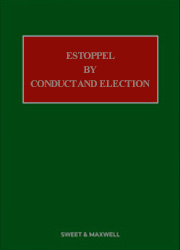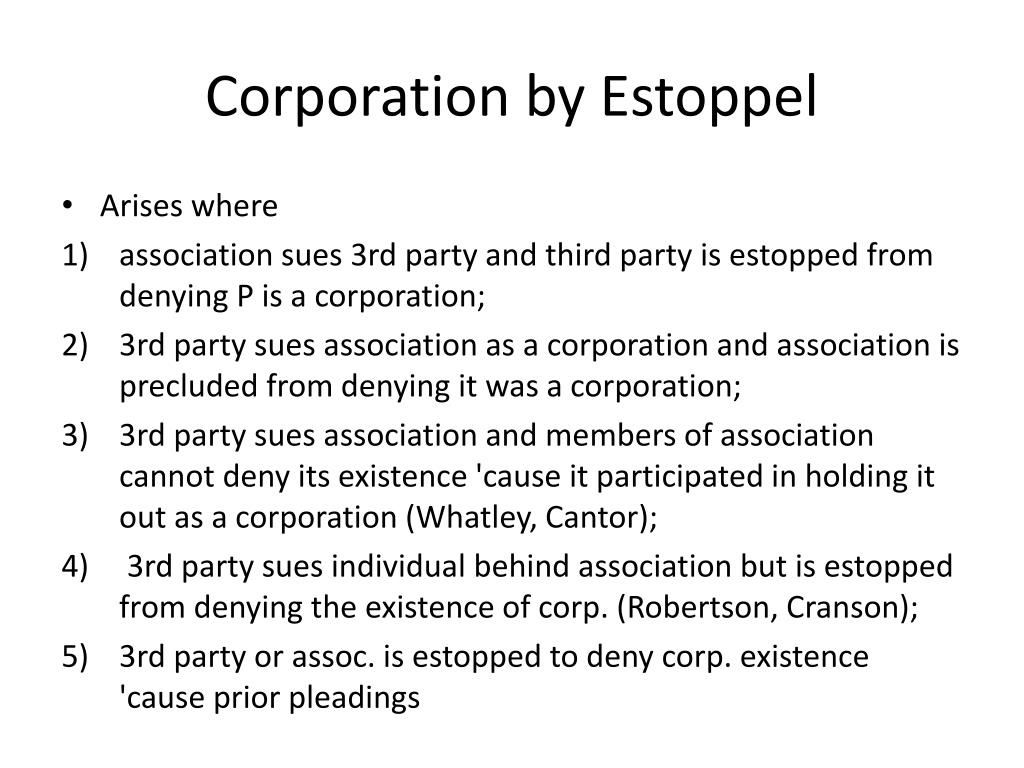

The anticipation and obviousness grounds in a petition for IPR must be limited to printed publications, including but not limited to patents, patent publications, journal articles, product manuals, and other similar printed documents. § 112 based on indefiniteness or the written description or enablement requirements.Īs noted above, IPRs are limited to “patents or printed publications.” Petitioners, therefore, cannot file IPRs alleging anticipation or obviousness grounds based (fully or partially) on, for example, systems “in public use, on sale, or otherwise available to the public.” See 35 U.S.C. Likewise, petitioners cannot challenge validity in an IPR under 35 U.S.C. § 101 for subject-matter eligibility, therefore, cannot be raised in an IPR. § 311(b), a “petitioner in an inter partes review may request to cancel as unpatentable 1 or more claims of a patent only on a ground that could be raised under section 102 or 103 and only on the basis of prior art consisting of patents or printed publications.” Invalidity grounds under 35 U.S.C. § 315(e), IPR estoppel applies to “any ground that the petitioner raised or reasonably could have raised during that inter partes review.” In Cal Tech, the Federal Circuit explained that “estoppel applies not just to claims and grounds asserted in the petition and instituted for consideration by the Board, but to all grounds not stated in the petition but which reasonably could have been asserted against the claims included.” For example, if a petitioner raised or could have raised a publication describing a product, can the same petitioner challenge validity in district court using the product itself? On this issue, the district courts are split, reaching different conclusions. One issue, in particular, percolating in the district courts is whether estoppel applies to prior art that technically couldn’t have been raised in an IPR, but is related to art that could have been.


The Federal Circuit’s decision, however, did not resolve all open questions regarding IPR estoppel. § 315(e)(2), finding that it precludes petitioners from asserting in district court any grounds raised or that could have been raised in their IPR petitions. Broadcom Limited (“Cal Tech”), the Federal Circuit clarified the scope of inter partes review (IPR) estoppel under 35 U.S.C.


 0 kommentar(er)
0 kommentar(er)
